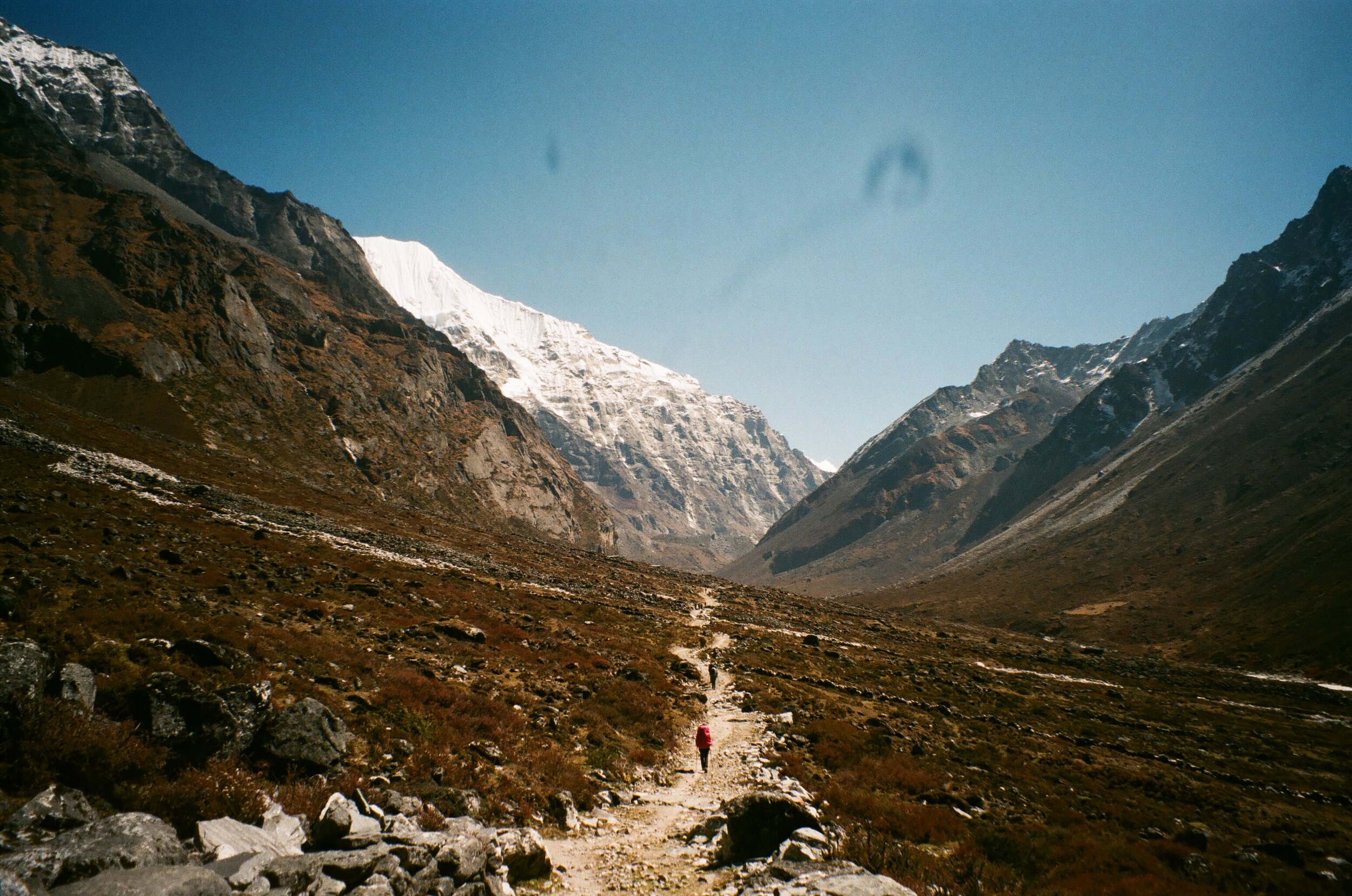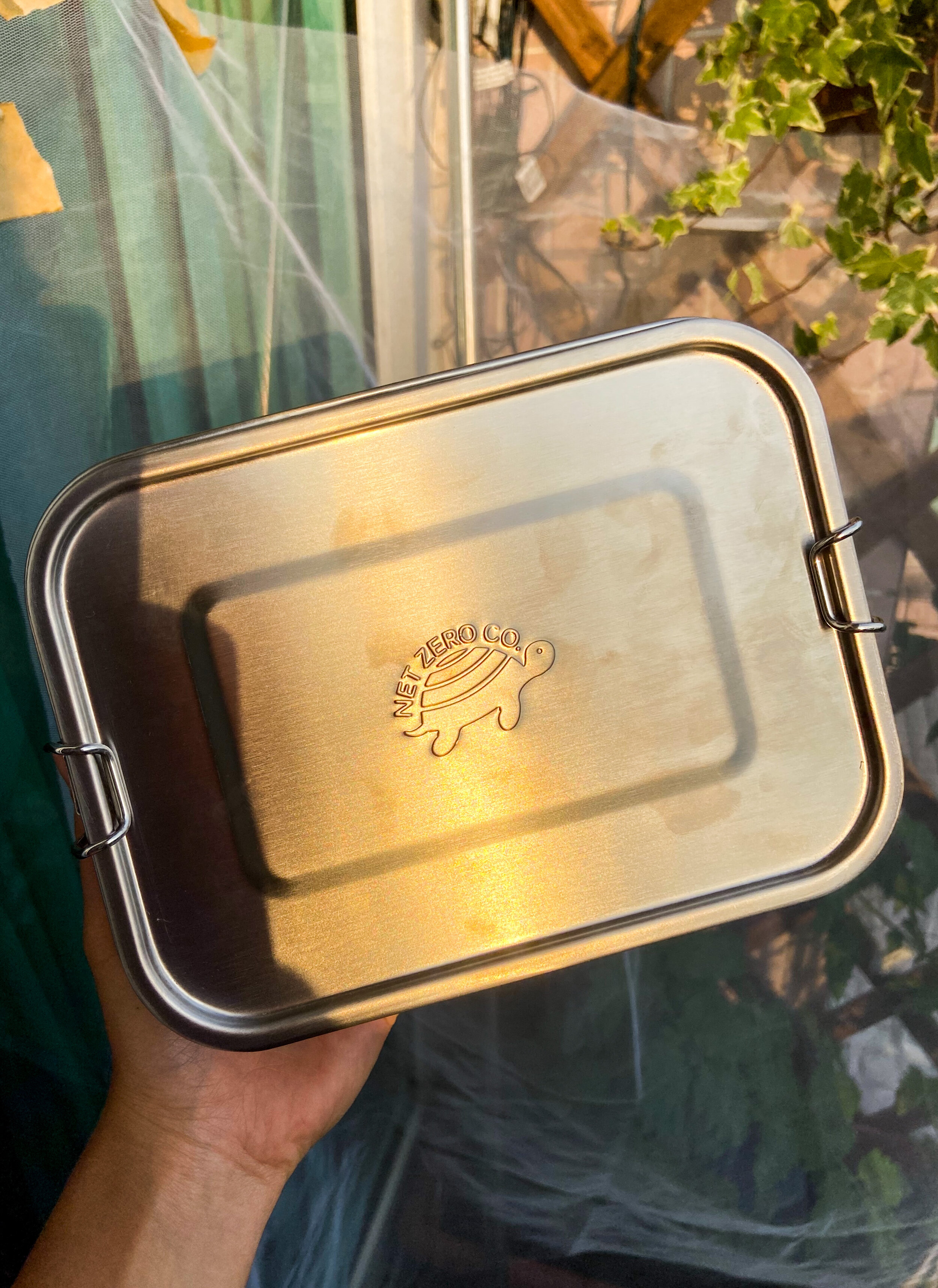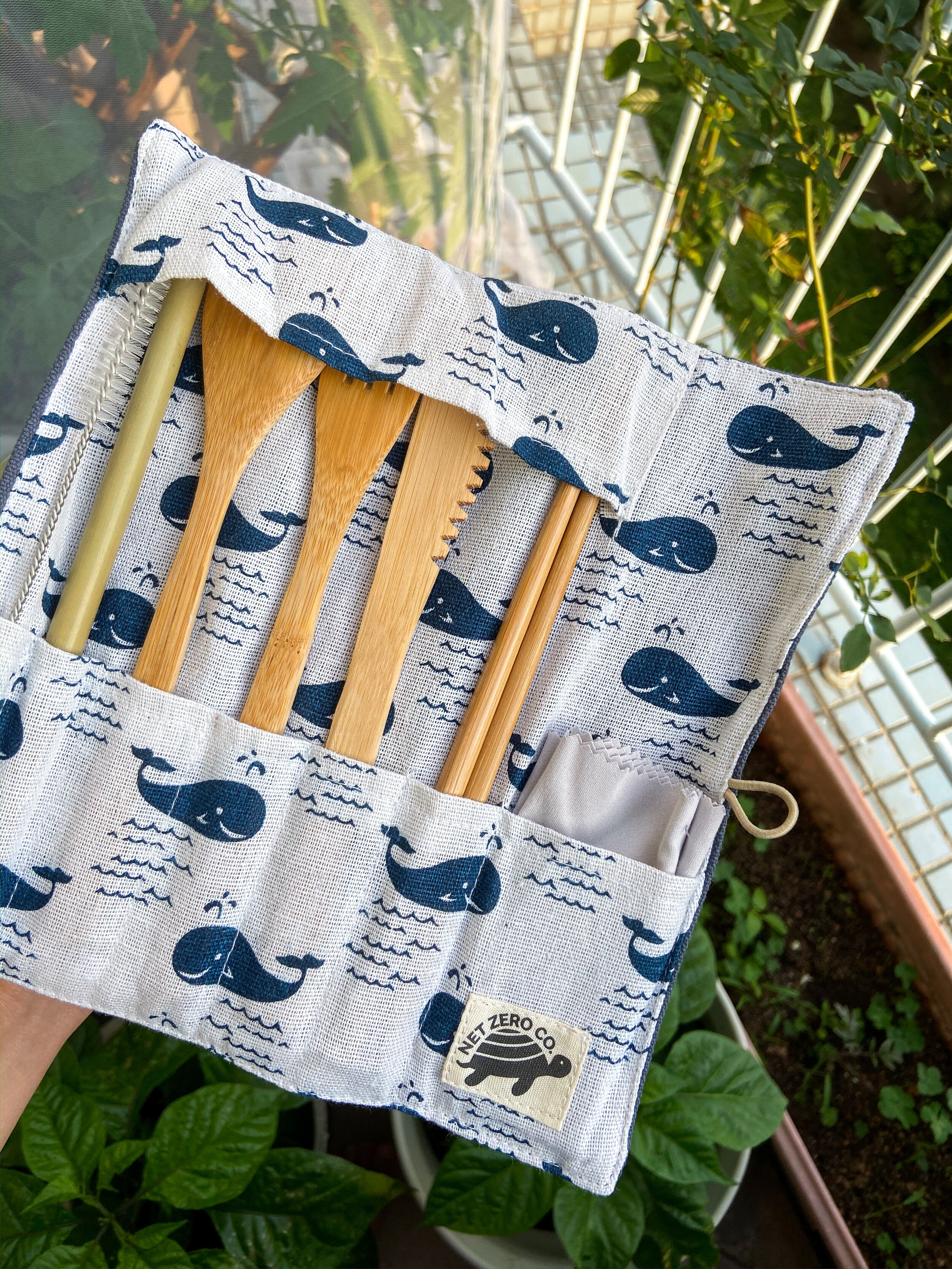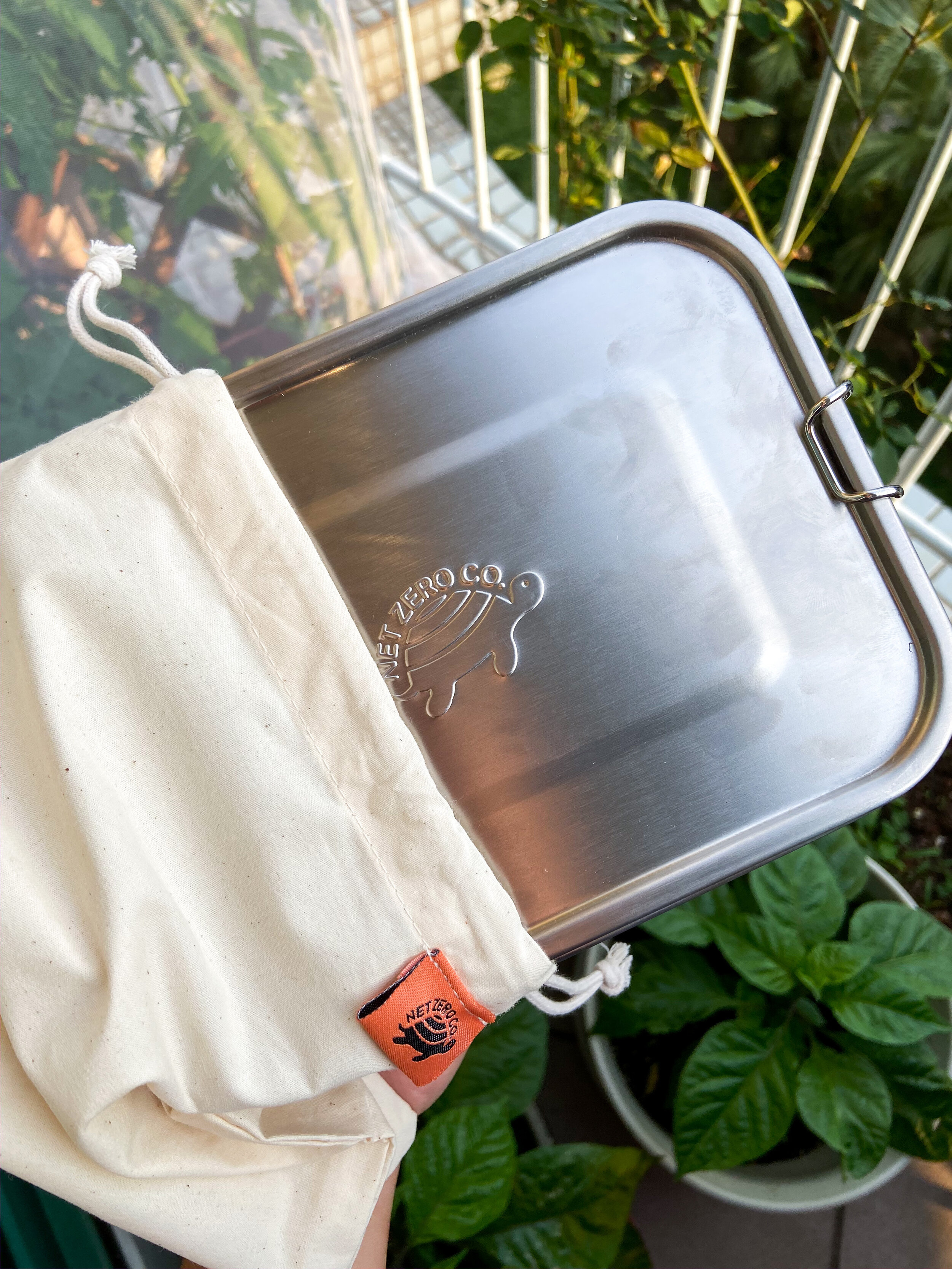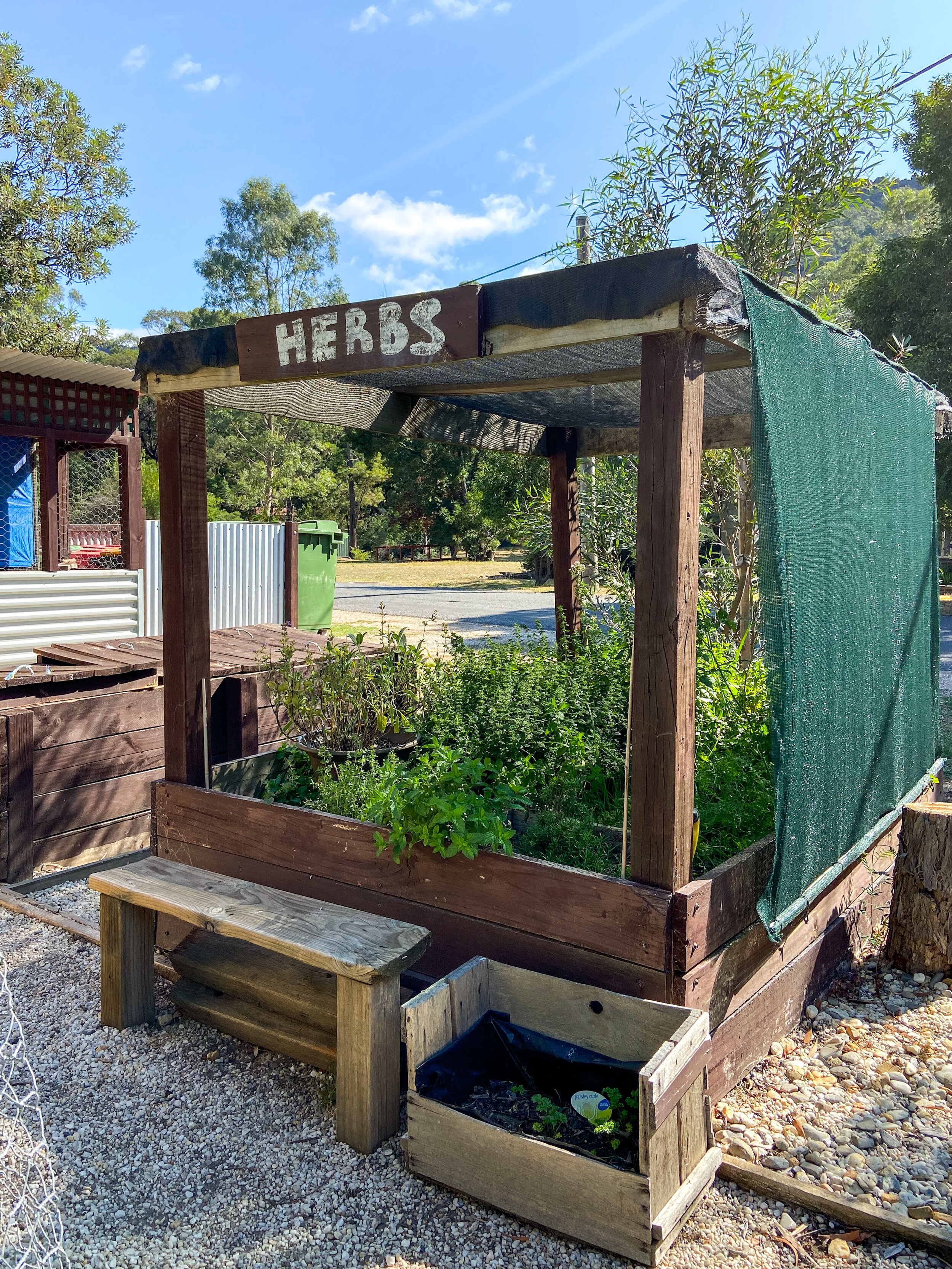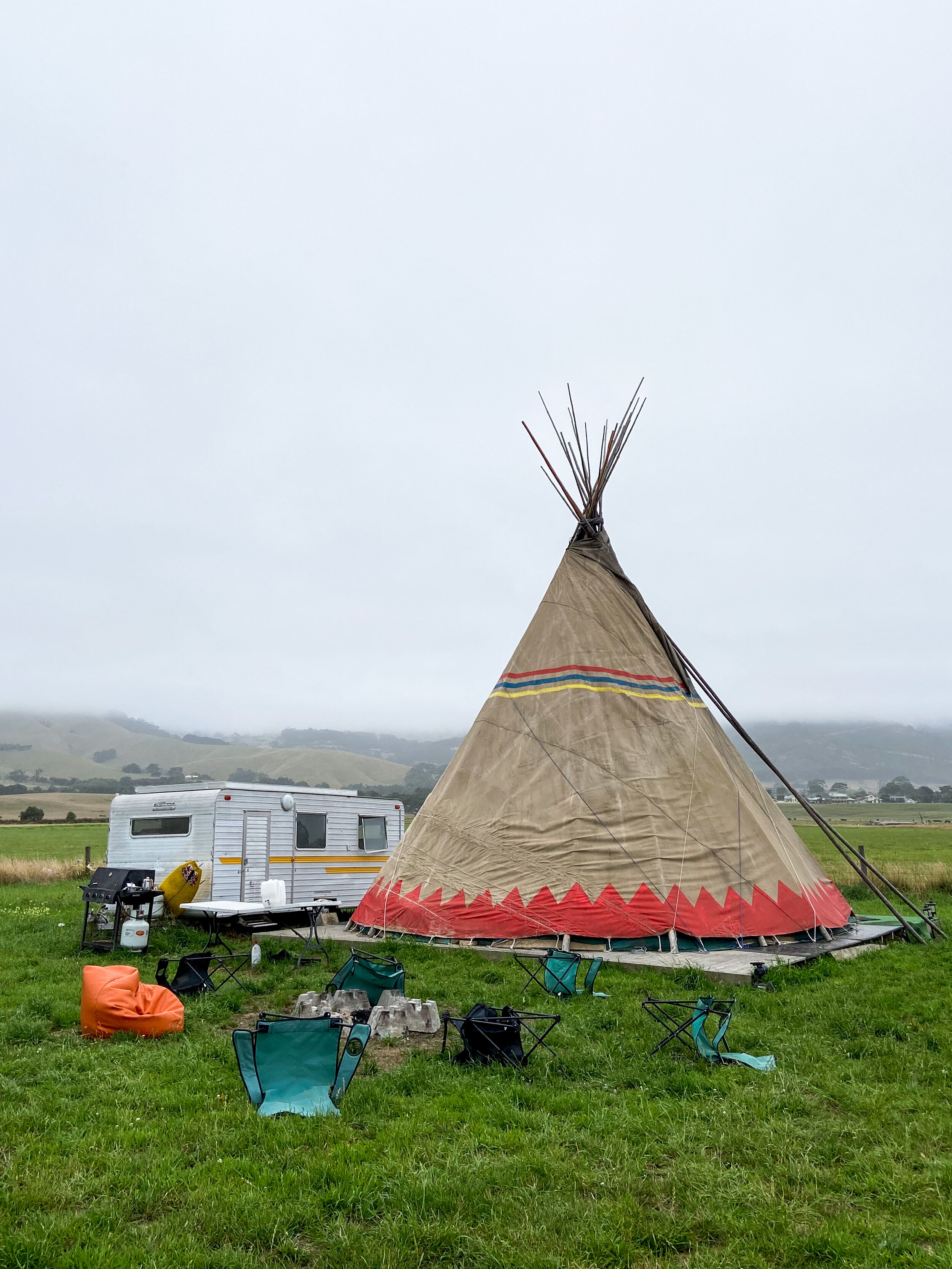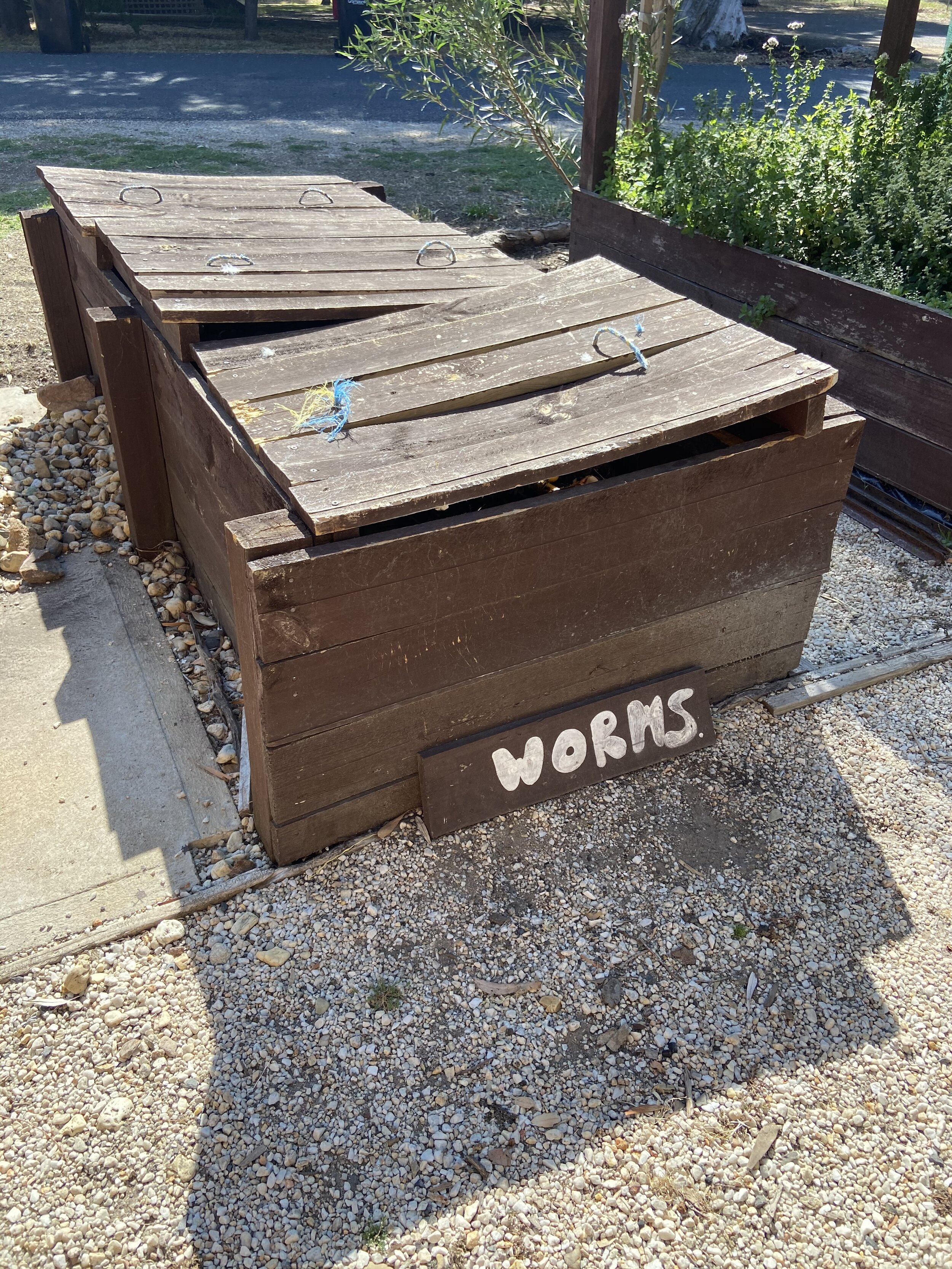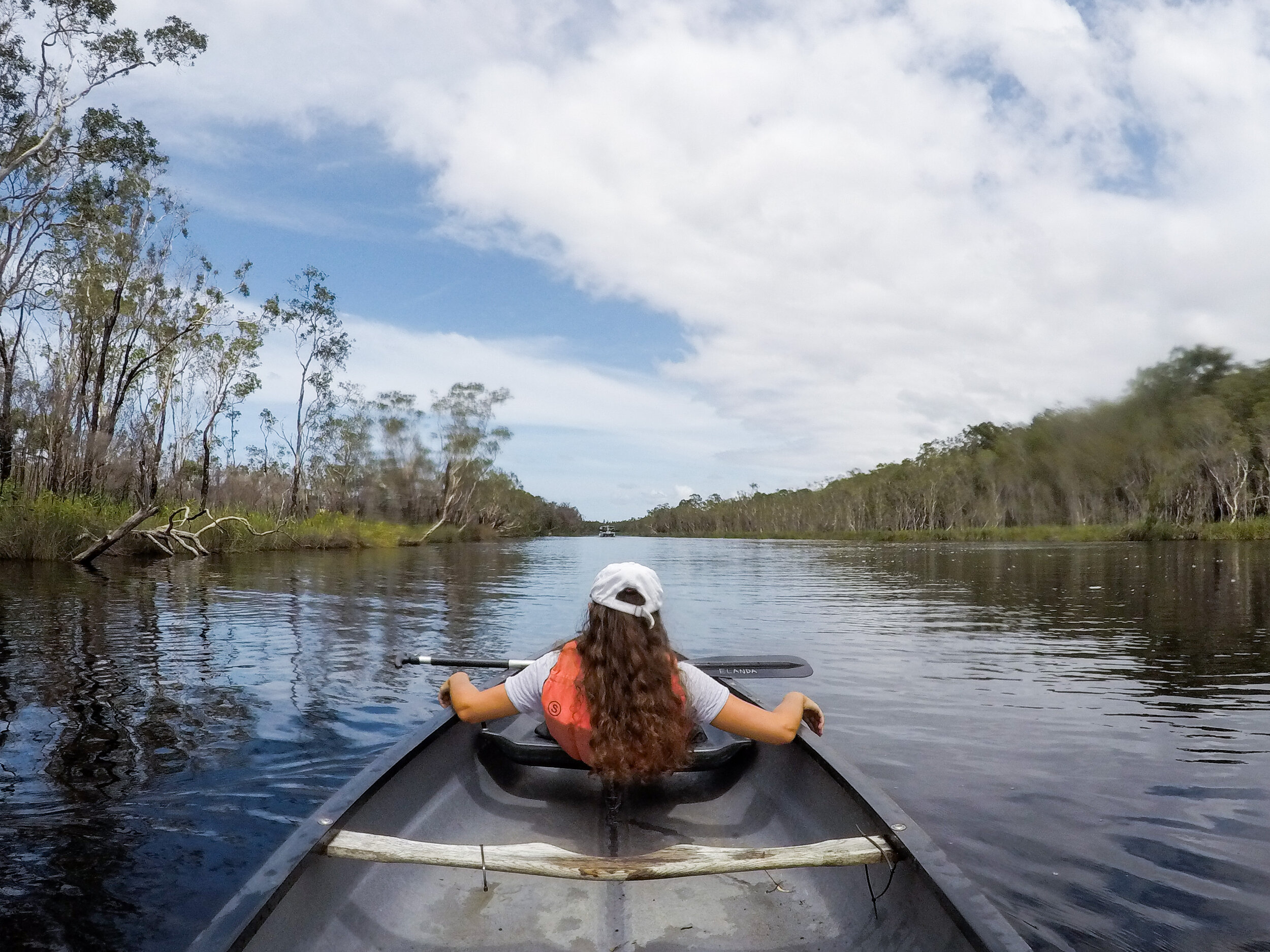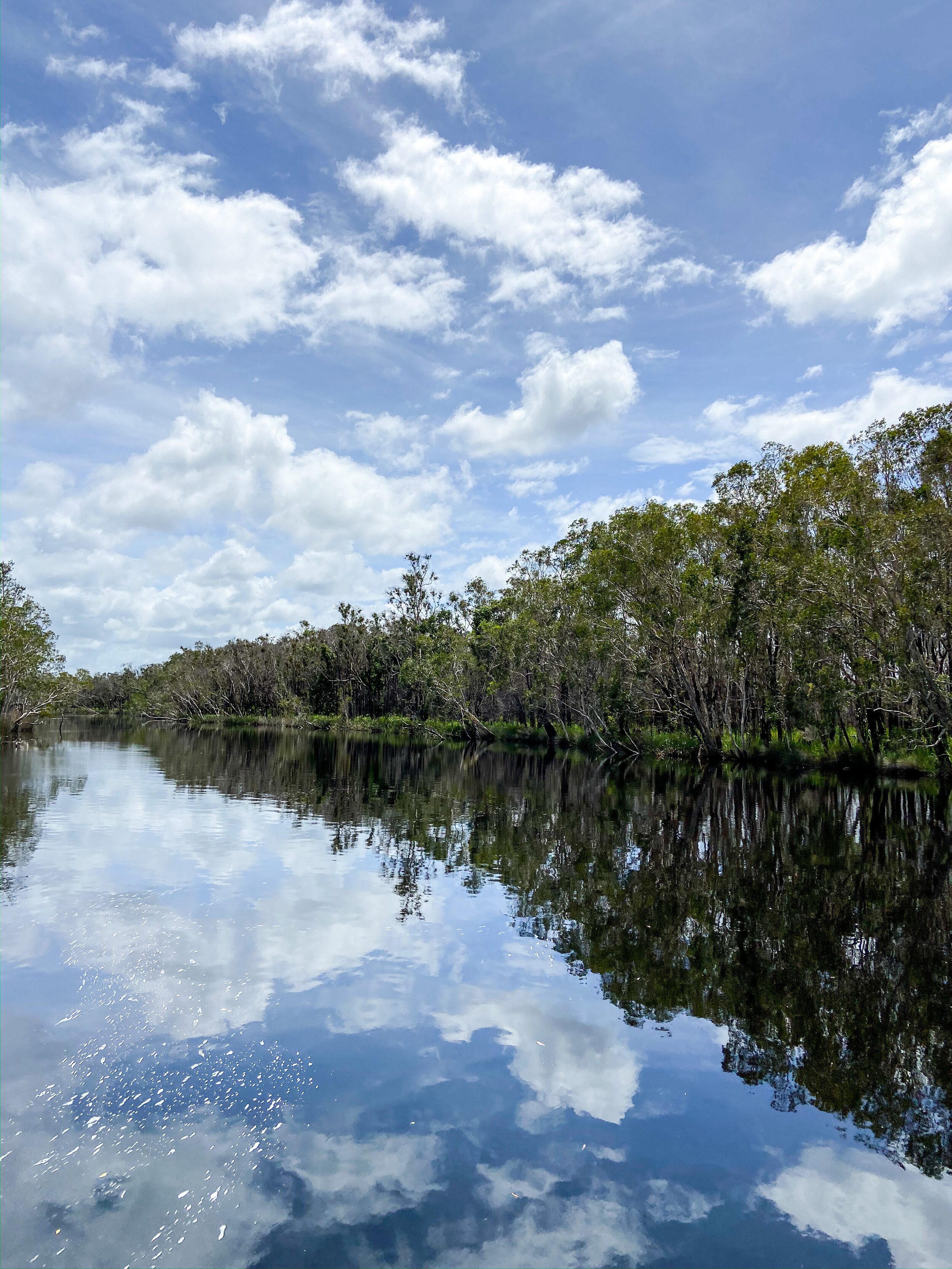As a current international gap year student, a large part of my life of late has involved travelling. I spent three months in Nepal on an experiential learning program, a week in Berlin to speak at an international conference on behalf of Bye Bye Plastic Bags, and supposedly four months in Australia on a working holiday, which was unfortunately cut short to a bit under two.
Going abroad and experiencing a different country, without a doubt, is extremely valuable when it comes to fostering understanding and respect towards different cultures. Sadly, however, the act of hopping on a plane and going across countries is largely detrimental towards the environment.
Especially as someone who advocates for low-impact living, I’ve recently become hyper-aware of how damaging and hypocritical this can be, and I thought it would be necessary to address the contradictory nature of travelling as a vegan ‘environmentalist.’ While an ideal world wouldn’t require any of these individual adjustments in the first place (read: Neoliberalism has Conned Us Into Fighting Climate Change as Individuals), I am still in the process of rectifying my passion for global understanding with reducing my carbon emissions.
In my eyes, travelling and interacting with different cultures will always be a fundamental way to connect with the world; the gift of nature is what motivates me every day to perform little acts of advocacy for a healthier planet and better future. Unfortunately, I fail to see an immediate way to cut out high-carbon travelling right now, but what I believe we can do in the meantime, is make lifestyle changes to reduce this colossal impact. Over the months, I have been paying extra attention to areas with potential for adjustment towards sustainability. In the process, I have acquired some tokens of advice on how we may lower our impact while travelling, which I’ve listed out below:
Slow Travel: Trekking in Nepal
1. Embrace slow, low-impact travel
The concept of slow travel was definitely drilled into me during my three months spent in Nepal. A 15-hour drive on a bumpy road? No problem. 11-hour trek days carrying all our gear on our backs at 15,000ft altitude? Sure thing! 17 days of camping without a shower? Come at me…Not only do these practices promote ways to fully absorb everything that’s around you, they also lend to more opportunities to connect with people on the way and enjoy the process while you’re at it. Those 15-hour bus rides without any devices definitely enabled me to bond with my peers and during the times where we were not socialising, it reminded me of the important ‘skill’ of being bored as I was able to utilise this time to reconnect with previous neglected thoughts.
2. Bring your own container, utensils, napkin, earphones/headphones, and blanket on the plane to avoid the packaged ones they provide. And for when you’re eating local street food in places like Thailand or Taipei! If, for whatever reason, you’re still missing some of these ‘zero-waste’ essentials, Net Zero Co kindly sent me some of their products and I am loving them so far! Of course, repurpose what you have before purchasing anything you ‘need’, but their website contains pretty much anything you’re looking for—even it it’s just inspiration.
3. Bring an empty water bottle, cup or mug to fill on the plane (just ask the flight attendants!). Or, if you’re in Hong Kong, bring it to fill at the water dispensers which can be found at every few departure gates. While filling your water bottle on the plane, it’s also a great way to spark conversation with flight attendants when they’re not busy serving food, demonstrating safety procedures, etc. It might be interesting to learn about where the food goes when it’s not eaten! Download water fountain apps if possible (e.g. Water for Free in HK), and a Steri pen or Life Straw can also be a worthwhile investment when it comes to purifying tap water in countries where it’s unsafe to drink out of the faucet directly.
4. Pack lightly; choose carry on if possible. This saves money AND reduces the need for transportation fuel. I wasn’t aware of this before, but the extra bags do add up and require extra fuel to transport.
The Rainbow Bus to the Farmers Market in Byron Bay, Australia
5. Shop at zero-waste bulk food stores and/or support local farmers markets. Make sure you go with a reusable bag or container—bring multiple in case your friends forget! Buying local means that a) you’re supporting their economy, b) reducing food miles—the food didn’t have to travel huge distances to get to where you are (according to Levi “save the world” Hildebrand, buying local cuts down on the average 1500 miles that food travels to be on your plate), c) it’s probably cheaper, and d) the produce is likely to be more fresh and nutritious!
6. Don’t buy souvenirs. This applies to anywhere you are: buy experiences, not things. You’ll save money, form more memories, and have more stories to share! Avoid falling into the trap of consumerism, capitalism, any pretty much any ‘ism’ that begins with c…Want to show your friends you care about them? Share videos of you in different places telling them how much you love them! And if you really want to bring home a souvenir, buy something that is made locally. These can often be found at different artisan/handmade markets.
7. Avoid transfer flights when possible. Taking off and landing are what generates the most carbon run-off and can be easily avoided. If possible, take flights that are of a higher priority within the airport and/or those with a built-in carbon offsetting program. This means they are less likely to linger around in the airport—emitting more damaging and unnecessary chemicals into the environment. Cheap, ‘affordable’ flights are often the ones that cause your carbon footprint to soar.
Compost Bins at Grampians Eco YHA
8. Avoid food wastage. This applies wherever you are in the world, but only buy what you need if cooking at home or eating out! As I mention in this article, not only does wasting food waste all the resources that went in to its production—from the water and energy used to produce and transport it, to the nutritional value it once contained—when food decomposes in the landfills, it also emits methane gas, which is 21 times more potent than CO2—leaving an even greater impact on climate change. If you’re concerned about disliking the food on the plane, bring your own snacks in a reusable container (refer to tip #2) instead!
9. Walk—or run—everywhere! This is the best way to explore the area that you’re in; it’s cheap, fun, and sustainable. If you’re not a fan of either, try renting a convenient form of transportation. You can do this with rental systems such as SmartBike in Hong Kong, Lime in the U.S. and some places in Europe and Australia, Bird in LA, City Cycle in Brisbane, the list goes on…Alternatively, you can join a free walking tour, hop on hop off tour bus, or just jump on a metro and explore!
A second-hand book
10. Do research before you enter the country you’re visiting! See if they have food waste apps available such as OLIO and Too Good To Go or events such as dumpster diving. These are great ways to reduce food waste while meeting people abroad. Before visiting Brisbane, I found out that they have a community herb garden where you can collect herbs to bring home—for free! While I never ended up grabbing any, for those planning to stay longer term, this would be the perfect way to reduce your costs and environmental impact, while potentially making some like-minded friends.
11. Invest in a Kindle/download the Kindle app on your phone/tablet. I love bookstores as much as the next person, but maybe this time, you could use the store as your browser, then simply purchase the book off the Kindle app instead. Since libraries are unlikely to be accessible for one-off, short-term travellers, downloading them onto your devices can be an easy way to access your book everywhere you go. Alternatively, you can scout out second-hand book stores (I got this book photographed on the right from a pre-loved store in Byron Bay, for example). It's likely to be cheaper, too!
12. If staying at a hotel/place with room service, ask the cleaners to NOT wash your sheets/towels, etc every day. Perhaps I’m overgeneralising, but I doubt you’re so dirty that your bedsheets require furnishing after a single night’s sleep. I’m sure you don’t change your sheets at home every day, so it should be no different while you’re away!
13. Bring your own toothbrush, tooth paste (which, again—you can get as tablets or in a jar from Live Zero or Slowood), creams, shampoo, conditioner, soap, safety razor, instead of using ones at hotels that will come in plastic packaging.
A Vegan Meal
14. Eat less meat! An obvious one coming from me, but an important reminder nevertheless. Sure, it’s great to dabble in different cultural cuisines, but once you’ve had a try, it’s a good idea to cut down on the meat consumption—especially beef. If you need a refresher as to why this industry is particularly damaging towards our environment, check out this article.
15. Plogging! Pick up trash whenever you see any on the beach/streets/wherever you go. Or join a local beach clean-up to give back to the environment you’re in.
16. Travel differently: Try WWOOFing (a form of work exchange where you work on an organic farm in exchange for food and accommodation), backpacking (learning to live simplistically out of your backpack), camping (this includes living in a teepee like the one pictured below), travelling and sleeping in a campervan, and—for those looking for something more extreme, you can even try living in a hammock. I read about a girl who did this while travelling Australia, who would bring her hammock around and sleep in people’s backyards for no cost!
Alternatively, if you want something a bit more conventional, look for hostels or hotels with a specific emphasis on being eco-friendly. In Australia, I stayed at the Grampians Eco YHA for a night, and I was impressed by all their sustainability initiatives. They had a herb garden (where residents could take herbs from for free), vermicompost box, chickens with free-range eggs, etc—many factors which contribute to a sustainable food system.
For a slightly more cultural experience, working as an au pair or living with a homestay family works wonders. I did this in Nepal for over a month, and it was one of the most valuable travel experiences I’ve had! Not only was my host family great company, but I also learnt so much more about the area than I would have had I been staying on my own.
17. Use reef-friendly sunscreen. It turns out that oxybenzone—an ingredient commonly found in conventional sunscreens—combined with warmer water temperatures is a leading cause of coral bleaching. This mixture disrupts the fish and wildlife, leaches coral of its nutrients and bleaches it white. Not only does this affect the habitat itself, but also harms local economies which depend on tourism that the coral reef attracts. Therefore, when purchasing sunscreen for your next vacation, seek out ‘reef-friendly’ sunscreen which doesn’t contain any toxic chemicals or substances.
18. LEARN their ways. One of the first things I did upon arriving Australia was attend an aboriginal walking tour that led me through the different ways in which indigenous communities have been preserving the land for years. This set the tone for how I’d come to interact with and appreciate different natural landscapes while navigating the country, and it left me with some useful insight on how we can become better stewards of the earth even back home. Try to attend workshops and talks where you can learn something valuable and transfer that knowledge back to your home community!
19. Support tours that don’t destroy habitats. Rather than go on a speed boat that disturbs the serenity of marine habitat, why not try kayaking instead? In Byron Bay, I went on a dolphin kayaking tour, where the guides made a special emphasis not to disrupt the natural movement of the sea life. This is the best way to experience nature while getting some exercise in! Other forms of sustainable exploration include canoeing, cycling, walking, etc.
20. Stay for a longer length of time. There’s a difference between being a tourist and a traveller. While the former can be achieved within a couple of days of landmark-hopping, the latter takes more time and effort but allows you to connect more deeply with a country. By remaining in one place for a longer period of time, not only will you be able to see and do more, you can get much more out of your stay both socially and culturally.
With business, school, and individual trips on the rise, it doesn’t look like overseas travel is going anywhere anytime soon. However, the worst thing we can do is dwell on the fact that we’re doing something ‘wrong’. We can make changes to mitigate our impact, and the simplest thing we can do is reframe our mindset and recognize this reality. Keep in mind, however, that while small lifestyle changes are great, these are best carried out in conjunction with other, more grand acts such as demanding systemic change (more to come on that soon!). I hope this post gave you a bit of inspiration as to how to travel more sustainably, and do let me know if you have any feedback or other ideas!
